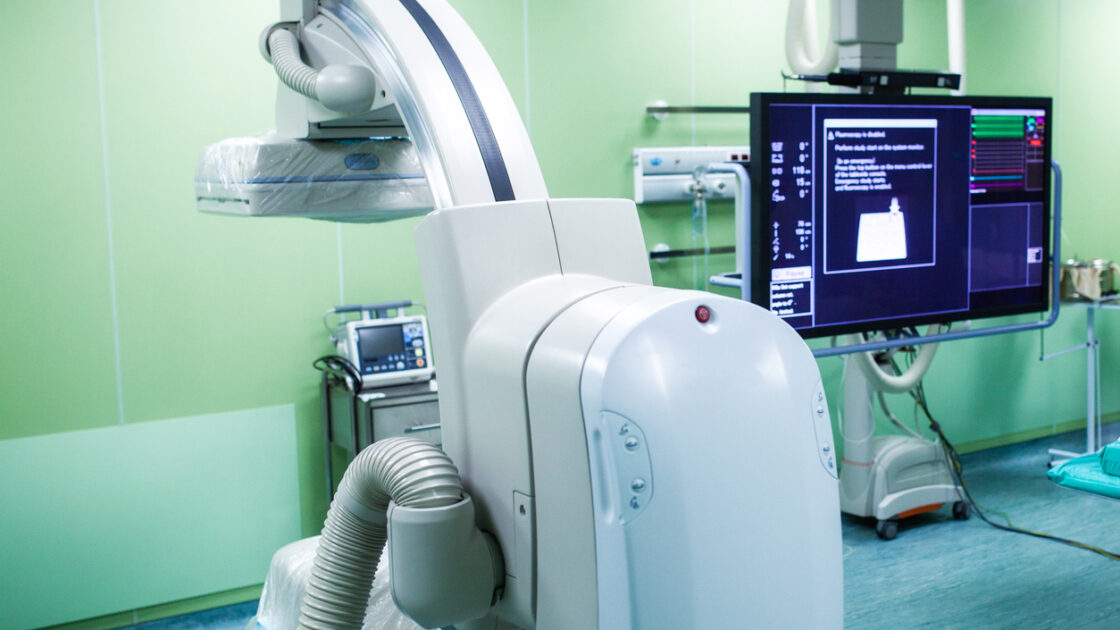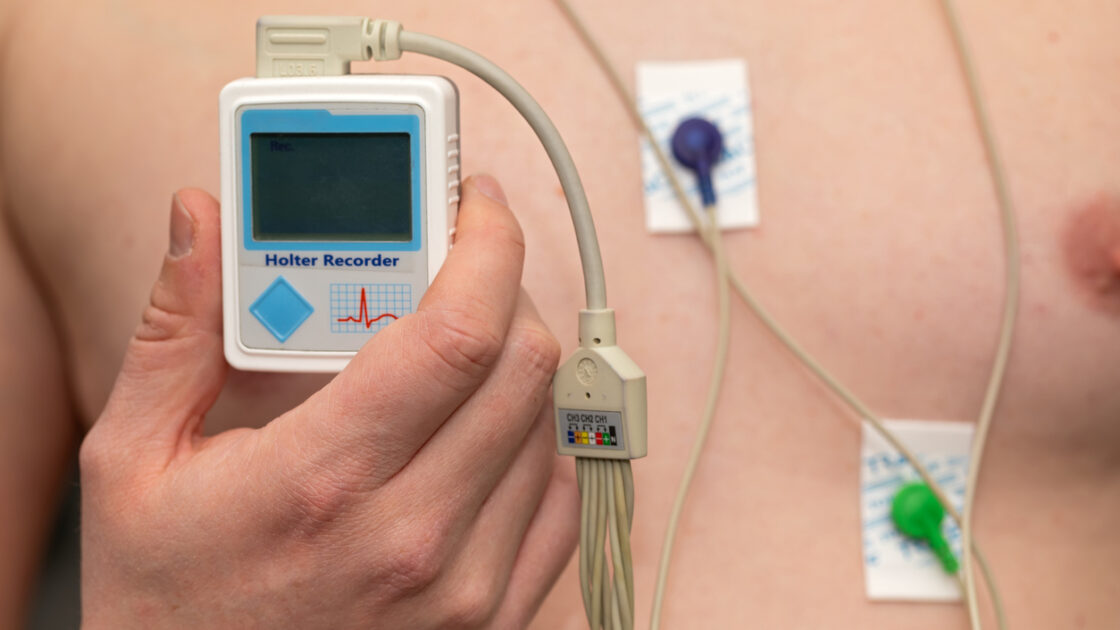
AHA Scientific Sessions 2023 – Thoughts and Reflections
As the countdown begins to the opening ceremony of the American College of Cardiology scientific sessions in Atlanta, what better time to take a trip down memory lane back to November 2023, when the global cardiovascular medicine community last congregated in one place.
The scientific sessions of the American Heart Association were held in Philadelphia, the “Birthplace of America”. Historical icons such as Independence Hall and the Liberty Bell were a fitting backdrop to what was in many respects a convention that ticked all the boxes. The cavernous exhibition hall served as the Heart Hub to the varied activities and was configured pragmatically to serve its multi-functional purpose.

Medical Director for Cardiology,
Academic Interventional Cardiologist
Our friends from the life sciences industry were buzzing around their exhibition stands, abstract presentations were being given by academic leaders of the future, an innovation stage gave a hint of what was to come in cardiovascular healthcare and a network of complimentary caffeine stations helped to maintain the air of anticipation. In natural symmetry to the multicultural cohort huddled inside, stood the gastronomic cornucopia of Reading Terminal Market and nearby Chinatown a few steps away outside. All this and the sun shone brightly each day to soften the crisp chill in the air.
And for the Medpace delegation of cardiologists, advanced clinical practitioners, senior clinical operations managers, and business development executives it was a time to meet and congratulate several of our existing biotech partners on all the progress they had made with their pivotal studies and cardiovascular outcomes trials.
Moreover, it was of course the science, novel research and a myriad of educational programmes that made this convention one of the highlights of the conference calendar in 2023. As the dust has settled, the debates won and lost and the online and in print editorials published, we thought it would be fitting to take one last look at a selection of the late-breaking trials presented in Philadelphia. But this time, approach the task from a different perspective.
At Medpace we understand the fundamental importance of patient engagement in the trial process. From protocol development and regulatory approval to timely recruitment and retention, it is crucial that trial subjects feel involved, retain their autonomy, and genuinely understand the basics of what the trial is trying to achieve. We conduct patient and public involvement focus groups for our sponsors as a commitment to this process. Diversity, equity, and inclusion are also at the top of our agenda when we work with our biotech and device partners as they strive to enrich their study populations. We know this is key to optimizing the generalisability of trial outcomes. With these thoughts in mind, we approached several key opinion leaders to answer questions on how the aforementioned principles may weave into the late-breaking trials they were asked to analyse. They accepted the challenge without hesitation and their responses were characteristically provocative and clinically astute.
Q&As with Leading Cardiovascular Experts
It was standing room only when the SELECT cardiovascular outcomes trial of semaglutide in obesity without diabetes results were presented in the main auditorium. Who better than Professor Kausik Ray, incumbent President of the European Atherosclerosis Society, to provide his viewpoint on this practice-changing study. The excitement was palpable when ORBITA-2 was also presented to a packed audience. We asked Dr. Kalpa De Silva and Dr. Daniel Jones, both interventional cardiologists working at the absolute coal face of atherosclerotic cardiovascular disease (ASCVD) treatment and research in London-based centers of excellence, to provide their thoughts on how this seminal sham-controlled study will affect their future clinical practice and crucially, how they will convey what the results mean to their patients in clinic and the catheterization laboratory. Continuing within the realm of ASCVD, coronary inflammation is being increasingly recognized as a target to reduce the risk of future and recurrent cardiovascular events but how do we quantify it and measure it accurately? The Fat Attenuation Index could be the answer, and Dr. Mirvat Alasnag gives us her learned perspective on how we should view early results from the ORFAN study. Dr. Alasnag is the first female (academic) interventional cardiologist in the Gulf region, a true pioneer beating a path for all women in cardiology, and a highly revered social media influencer.
Medpace is proud of the longstanding expertise we have in the preventive cardiometabolic and lipid modifying therapy clinical development space. The entire team were in the audience therefore as preliminary results from the Phase 1b heart-1 trial of VERVE-101, a novel CRISPR-based gene editing technology designed to permanently switch off the PCSK9 gene in the liver, were presented. Thereafter, impressive results from a first-in-human trial of lepodisiran, a novel short interfering RNA (siRNA) molecule targeting lipoprotein(a) [Lp(a)] production, were announced. The success of Lp(a) awareness day as a global event on March 24th 2024, tells us this independent predictor of cardiovascular risk needs to be taken seriously. And we have known this for a long time. Professor Maciej Banach and Dr. Pablo Corral, both highly esteemed key opinion leaders in the lipidology arena, stepped up to the plate and furnish us with their thoughts on VERVE-101 and lepodisiran respectively.
And last but by no means least, we step into a future where the clinical significance of sub-clinical atrial fibrillation (AF) gains greater traction. Professor Paulus Kirchhof of Hamburg University Hospital unpicks the take home messages emanating from the ARTESIA trial and tells us what to expect in the future as new guidelines for AF management will be published at the European Society of Cardiology congress in London later this year.
We express our sincere gratitude to our academic colleagues for providing their insights on what was a superlative AHA scientific sessions. And so to ACC.24 in Atlanta, Georgia. Medpace experts will be in attendance and we cannot wait to listen, learn, and meet our existing and potential future partners in cardiovascular medicine research.
Schedule a meeting below to connect with our clinical development experts.






